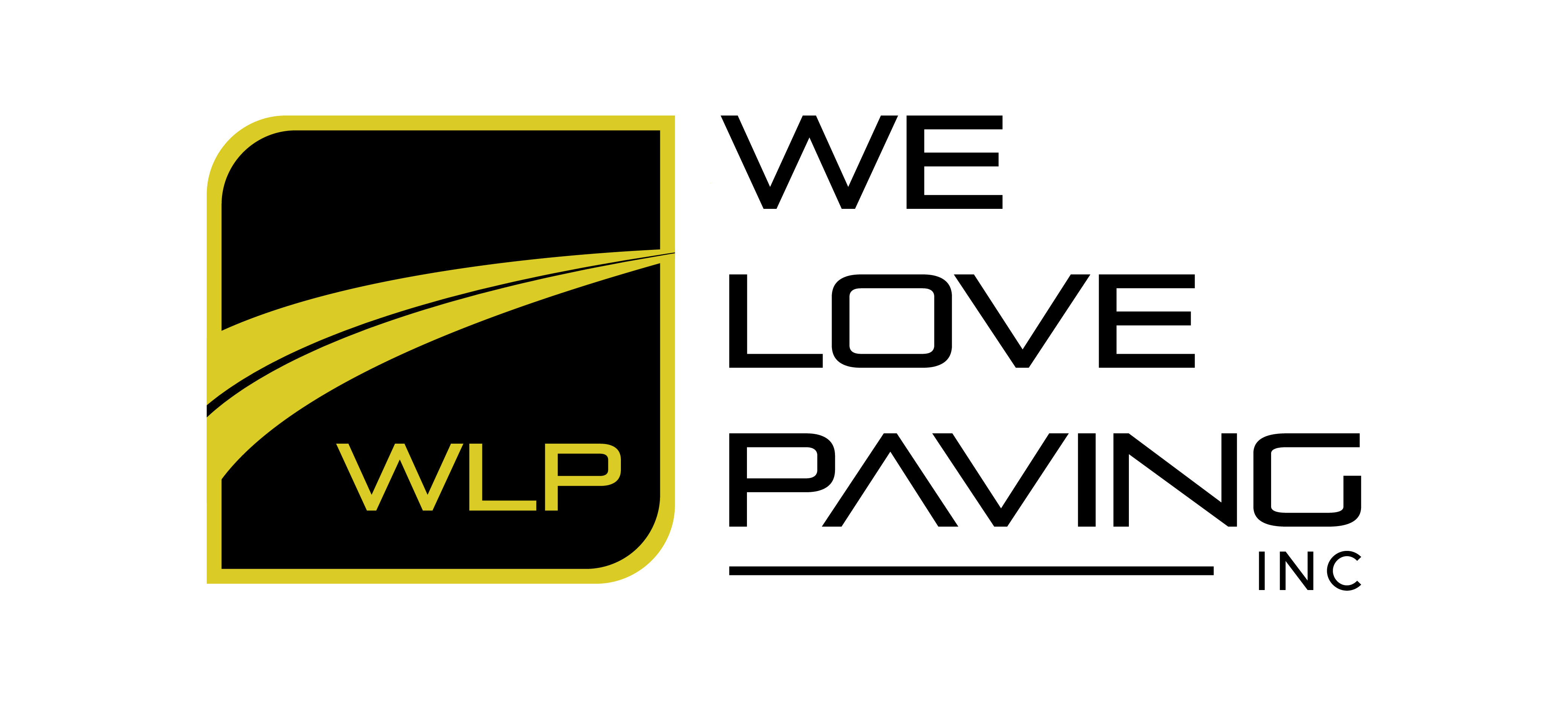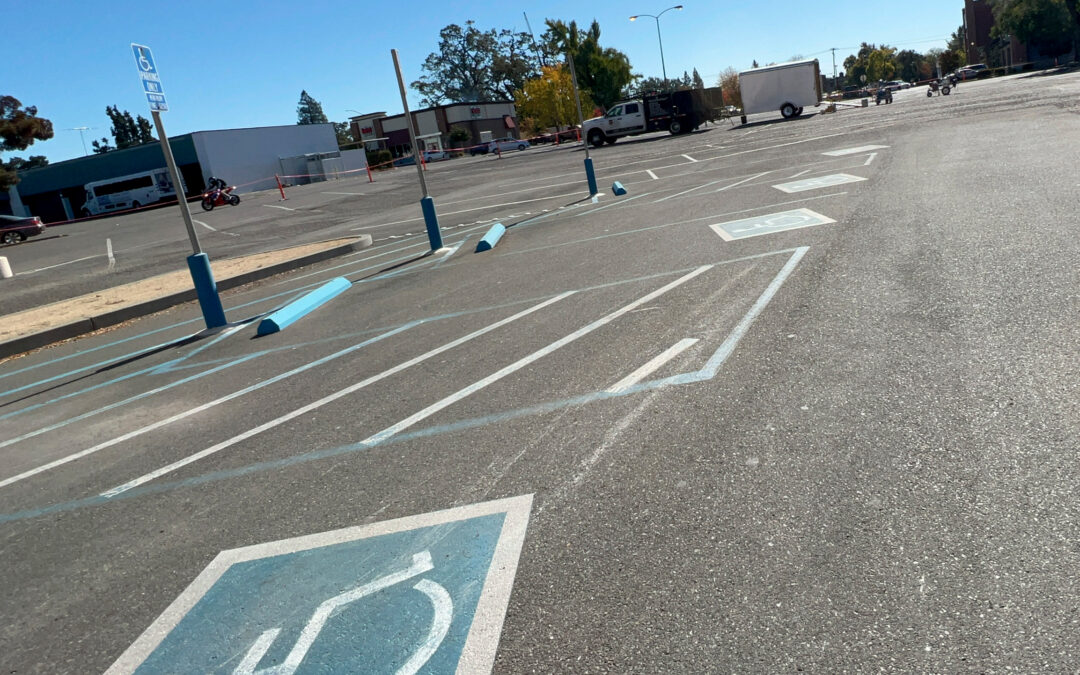ADA compliance is a critical aspect of ensuring accessibility and inclusivity in public and private spaces. In Sacramento, California, adhering to the guidelines set forth by the Americans with Disabilities Act (ADA) is essential for creating environments that are accessible to all individuals, including those with disabilities. This blog article will explore what ADA compliance entails, why it is important, and how it is implemented in Sacramento.
Understanding ADA Compliance
The Americans with Disabilities Act (ADA) is a federal civil rights law enacted in 1990. Its purpose is to prohibit discrimination against individuals with disabilities and to ensure that they have the same opportunities and access to public spaces, employment, transportation, and other services as everyone else. ADA compliance involves adhering to the standards and guidelines outlined in the ADA to make buildings, facilities, and spaces accessible to people with disabilities.
Key Components of ADA Compliance
Accessible Routes
Paths of Travel: ADA compliance requires that there are accessible routes from parking areas, public sidewalks, and public transportation stops to the entrance of buildings. These routes must be free of obstructions, have appropriate slopes, and include curb ramps where necessary.
Parking Spaces
Accessible Parking: Designated accessible parking spaces must be provided in parking lots. These spaces should be located close to the building entrance, have clear signage, and include access aisles for easy entry and exit.
Entrances and Exits
Accessible Entrances: Entrances to buildings must be accessible, with ramps or lifts provided where there are steps. Automatic doors or doors that can be easily opened are also part of ADA compliance.
Interior Accessibility
Doors and Hallways: Interior doors and hallways must be wide enough to accommodate wheelchairs. This typically means a minimum width of 32 inches for doors and 36 inches for hallways.
Elevators: In multi-story buildings, elevators must be accessible and include features such as Braille signage and auditory signals.
Restrooms
Accessible Restrooms: Public restrooms must have accessible stalls, sinks, and fixtures. This includes adequate space for maneuvering, grab bars, and other necessary accommodations.
Signage
Readable Signage: Signs should be easy to read and include Braille for individuals with visual impairments. This applies to room labels, directional signs, and emergency exits.
Importance of ADA Compliance
Legal Requirements
Federal Law: ADA compliance is not optional; it is a legal requirement for public and private entities. Failure to comply can result in legal action, fines, and penalties.
State and Local Regulations: In addition to federal requirements, California has its own accessibility standards, which often exceed those of the ADA. Local building codes in Sacramento also mandate specific accessibility features.
Inclusivity and Accessibility
Equal Access: ADA compliance ensures that individuals with disabilities have equal access to facilities and services. This is crucial for fostering inclusivity and enabling all individuals to participate fully in society.
Improved Quality of Life: Accessible environments enhance the quality of life for people with disabilities, allowing them to live independently and engage in community activities.
Economic Benefits
Increased Patronage: Businesses that are ADA-compliant can attract a broader customer base, including individuals with disabilities and their families. This can lead to increased revenue and a positive reputation.
Avoidance of Legal Costs: By ensuring compliance, businesses and property owners can avoid the costs associated with legal disputes and penalties for non-compliance.
ADA Compliance in Sacramento
Sacramento, as the capital city of California, is committed to ensuring accessibility for all its residents and visitors. The city adheres to both federal ADA standards and the California Building Code (CBC), which includes additional accessibility requirements.
Public Spaces
Government Buildings: Sacramento’s government buildings are designed and maintained to be accessible to individuals with disabilities. This includes accessible entrances, restrooms, and public service areas.
Parks and Recreation: The city’s parks and recreational facilities include accessible pathways, playgrounds, and restrooms to ensure that everyone can enjoy these spaces.
Transportation
Public Transit: Sacramento’s public transportation system, including buses and light rail, is equipped with features such as low-floor buses, wheelchair ramps, and audible announcements to assist passengers with disabilities.
Pedestrian Infrastructure: The city continually works on improving its pedestrian infrastructure, including the installation of curb ramps, audible crosswalk signals, and smooth sidewalks.
Private Businesses
Retail and Hospitality: Businesses in Sacramento, such as restaurants, hotels, and retail stores, are required to comply with ADA standards. This includes providing accessible entrances, restrooms, and customer service areas.
Compliance Inspections: Regular inspections and audits are conducted to ensure that businesses adhere to ADA requirements and make necessary improvements.
Ensuring Compliance
Accessibility Audits
Professional Inspections: Hiring professionals to conduct accessibility audits can help identify areas of non-compliance and provide recommendations for improvements.
Training and Education
Staff Training: Educating staff and employees about ADA requirements and best practices for assisting individuals with disabilities can enhance compliance and customer service.
Ongoing Maintenance
Regular Upkeep: Ensuring that accessible features, such as ramps, elevators, and signage, are regularly maintained and in good working condition is essential for ongoing compliance.
Conclusion
ADA compliance in Sacramento, California, is essential for creating inclusive and accessible environments for all individuals. By adhering to federal and state accessibility standards, property owners and businesses can ensure equal access, avoid legal issues, and contribute to a more inclusive community. At We Love Paving, we are committed to helping our clients achieve ADA compliance through expert advice, quality installations, and ongoing maintenance services.

